Our global food system, under pressure from climate change, social inequality and so much more, is in transition.
As these pressures—from the impacts of conflict to extreme weather events washing away large-scale land in regions such as East Africa, Gaza and Yemen—intensify, already-vulnerable populations are being hit, and hit the most, with greater food insecurity and devastating health consequences.
In just one calendar year, we have seen too many examples of how power structures play a critical role in determining who is most affected when things go wrong, and crucially, whether the food transition playing out can be truly transformative towards better outcomes, or at best merely incremental.
Current and historically inequitable relationships between producers, consumers and other stakeholders in the food system jeopardise the potential for a positive food transition, but many changemakers are aiming to redefine power dynamics as a lever for greater resilience in the face of increasing turbulence ahead.
Power in the food system
This year’s World Food Day emphasises the critical importance of the right to access to good, affordable, and nutritious food, highlighting the need to reimagine power dynamics in the food system to achieve not just economic and environmental benefits, but also social equity for all.
When we talk about power in the food system, this goes beyond economic or ecological considerations. Power manifests in various dimensions: control over technology, ownership of data, access to resources, such as water, and decision-making processes.
In our current global food system, a lot of power is concentrated in a few hands, impacting the system on various levels—from the overriding nature of short-term profit-maximisation as the goal at the expense of all else, to the shape of working conditions and relationships among actors in value chain. In particular, the system is dominated by a few large multinational corporations, affecting smaller to medium-scale farmers, workers and suppliers who often struggle to have their voices heard or their specific needs met.
This imbalance is evident in the stark realities faced by many: from modern slavery and poor working conditions that disproportionately affect women and migrant workers, to food deserts and swamps in lower-income neighborhoods where healthy, nutritious food is often out of reach, and only very poor options are on offer.
Power also shapes who gets to decide what the food transition looks like and who benefits from it. Anyone working to drive (what they believe to be) positive change in the food system must consider the importance of power dynamics and imbalances in what they are trying to achieve.
Will the future food system continue to favour a select few, perpetuating inequality and ecological degradation, as well as highly industrialised, globalised eating habits – effectively maintaining the status quo? Or can we envision a system where power is distributed more equitably, allowing for diverse voices and needs to influence the direction of change, where diverse cultural food practices are preserved, and the emphasis on regenerating soil becomes the norm?
Reimagining an equitable food system
Imagine a world where citizens and communities have a greater say in shaping their local food environments. What if our food system were built on healthy, fair power dynamics?
These aren’t just utopian dreams; we are already seeing signals of positive change emerging across the globe, indicating that a fairer, more resilient food system is within reach: one capable of providing access to food and creating conditions for regeneration and healing from climate impacts.
Here are some signs of leveraging power positively in our food systems that we’ve observed:
What if communities reclaimed power over their local environments and food production, leading to greater local resilience?
- New Community Woodland for South Hams, UK, works with local schools and community groups to tackle climate change and building resilient communities through treating their land as a commons, reconnecting people with their food sources through education around growing and conservation practices.
- Six Inches of Soil is a 2024 documentary which tells the story of young British farmers standing up against the industrial food system and transforming the way they produce food to heal soil, improve health, and support local communities. It digs into complex dynamics such as rising poverty in the country, Britain’s unequal system of land ownership, and barriers to new entrant farmers especially those from different backgrounds.
- FarmsSHARE in North Carolina is a food distribution programme focused on food security and food justice, where local farmers are given a market and their foods are received by under-resourced communities. FarmsSHARE’s food hubs model creates a bridge for food insecure households to “feel a sense of dignity from getting access to this high-quality food” and provides economic opportunities for local farmers.
What if business models were designed to ensure fairness for farmers and consumers?
- Organic farmers market in Chennai creates a fair price market for over 300 organic farmers, providing consumers with access to chemical-free vegetables at a fixed price while empowering farmers by ensuring they receive a fair return for their produce.
- Producers Trust, with its mission for farmer wellbeing, aims to unlock authentic sustainability data to de-risk supply chain stakeholders and drive the transition to net-zero for farmers and suppliers. By using data to ensure fair practices, it exemplifies how new business models can prioritise both environmental sustainability and equitable power dynamics.
What if we dismantled monopolies to create a more equitable food system?
- Food giants strangling Britain’s farmers and consumers: Earlier this year, UK farmers rallied outside Parliament, raising concerns about the influence of large food corporations on their pay and working conditions. Consumers have also been affected by food price rises amid inflation and the cost-of-living crisis. A proposed solution is to break up the biggest food businesses to rebalance power in the system, potentially giving farmers more options, leverage and negotiating power with customers, in a way that could also benefit end consumers
- Decentralising power for a fairer system: Jack Thompson, a British journalist who reports on power dynamics in the food system, traces the supply chain from his family’s wheat farm to Weetabix in an article for Vittles magazine, revealing how power is concentrated among seed monopolies, machinery companies, and grain merchants. He suggests that while Weetabix’s efforts for individual farmers have helped, there is a need for systemic changes in governance, decentralising control and redistributing power to enable fairer, more sustainable farming practices, reducing farmer dependency on monopolistic firms and restoring agency to those who cultivate the land.
What if regenerative and indigenous practices became the norm?
- Land Back movement for community resilience: A major shift is underway as Moloka’i residents in Hawaii and master’s students from University of Michigan School for Environment and Sustainability collaborate in a historic Land Back movement that started in 2018, aiming to reclaim over 55,000 acres from private ownership. This movement focuses on re-establishing Indigenous sovereignty, promoting sustainable agriculture, and strengthening local food systems. By integrating traditional wisdom with modern frameworks, they are fostering community self-determination and food sovereignty for future generations.
- Traditional foods in Kashmir: A 2024 study suggests that cultivation of wild edible plant species and traditional preparation could provide a pathway to enhancing food security, building resiliency to climate change and preventing loss of traditional knowledge. Out of the four major ethnic groups documented in the region, the Gujjar and Pahari communities still actively use climate resilient wild plants for medicine and sustenance, even creating a local market for them. A key threat is over-extraction by people outside the community, leaving locals vulnerable to sparse harvests/decreased availability. Communities now are eager to preserve these local foods to protect their food sovereignty and cultural heritage.
- Philanthropy embraces landscape approaches to farming: Driven by the Regenerative Production Landscape Collaborative initiated by Laudes Foundation, IDH, and WWF India in 2022, communities are embracing a landscape-based model that combines regenerative principles with collective ownership. This approach not only conserves resources and reduces emissions, but also empowers local communities to take control of their agricultural ecosystems.
What if governance and policy fully supported equitable and sustainable food systems?
- Indonesia is leveraging innovative modelling tools to inform evidence-based policies for transforming its agrifood systems towards sustainability and equity. As part of the in the Medium-Term Development Plan 2020–2024, the government with FAO has embraced the use of models such as Computable General Political Economy Equilibrium Mode (CGPE) which combines political and economic models to propose strategies that manage contextual risk and help play out policy outcomes. The models assess the performance of agrifood systems, highlight risks and synergies of policy options, and analyse stakeholder roles, enabling coordinated efforts to ensure the political feasibility of Indonesia’s agrifood system transformation. By balancing trade-offs and tailoring strategies to regional needs, the approach supports integrated solutions for food security, environmental conservation, and economic growth. By decentralising governance, the government is empowering local administrations to tailor agrifood policies to regional needs, ensuring a more sustainable, resilient, and inclusive food system transformation.
- Reforms for historically excluded Black farmers: Efforts like the U.S. Farmer Inclusion Program (2020 onwards) and initiatives from the National Black Food & Justice Alliance (established in 2015) highlight how governance can leverage policy to rectify long-standing racial injustices. These programmes focus on providing Black farmers with greater access to land, resources, and regenerative agriculture opportunities, as seen in projects like regenerative rice farming. Additionally, calls for reforms in the upcoming Food and Farm Bill stress the need to correct systemic inequities by offering targeted support for minority farmers, signaling a shift towards a more inclusive and just food system.
- National Cooperative Organic Limited in India was established by the government in 2023 to work with brands such as Amul (the world’s largest dairy cooperative) to ensure that farmers not only get fair and high pricing for their products but also that consumers receive reliable and tested food. The cooperative model, as seen in Amul’s rise, has demonstrated how collective grassroots action can influence national policy, pushing governments to institutionalize and scale up these grassroots successes to support a more equitable and sustainable food system. This year’s Cannes Film Festival also celebrated the re-release of Manthan (1976), a film produced by half a million farmers, which narrates the genesis of Amul’s dairy cooperative movement that transformed India into the world’s leading milk producer.
Where do we go for the food system’s next meal?
These signals point to inspiring ways to rebalance power in our food system, offering pathways to a food system that is not only more equitable but also better equipped to withstand the many other challenges of the future.
Different actors in the food transition can draw inspiration from these examples, to rethink the power dynamics they are part of and consider how they can use their influence to achieve positive ecological and socio-economic outcomes in an integrated manner to create more systemic change.
It is also essential to recognise that developments that offer glimpses of a new food system—whether through technological innovations, new business models, or policy change—still carry the risk of reinforcing existing power imbalances. If these imbalances are not addressed, they could undermine the potential to build a thriving, resilient food system.
As producers, consumers, businesses and other stakeholders in the food system, we each have a crucial role to play in reimagining these dynamics. By supporting initiatives that empower communities, adopting fair business practices, and preserving cultural food heritage, we can help build a food system that acknowledges and addresses past injustices to serve everyone, not just a privileged few.
The journey towards a more just and sustainable food system is ongoing, but with conscious effort and collaboration, we can turn these signals into a new reality—one with a food system where everyone can thrive.
Learn more about Forum’s work to transform the food system
If you are interested in exploring a futures-strategy for your food business, contact us



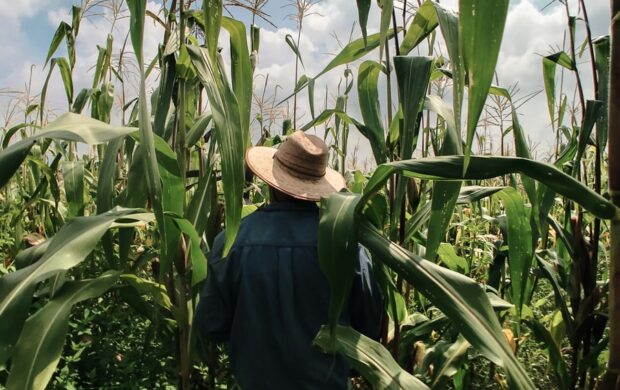
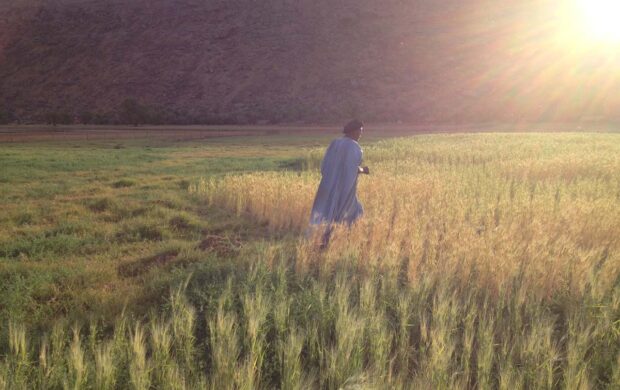



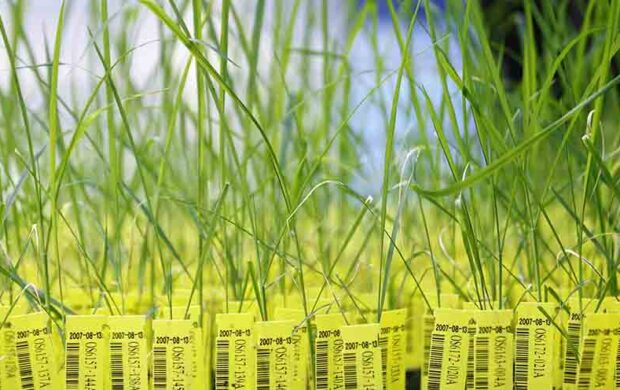

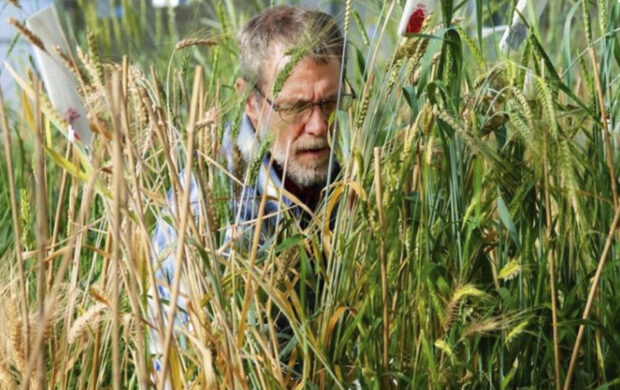

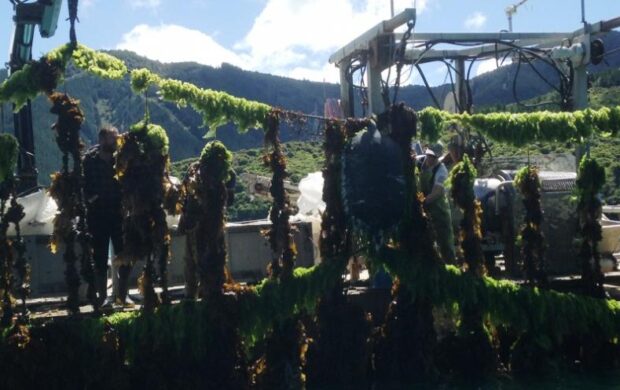
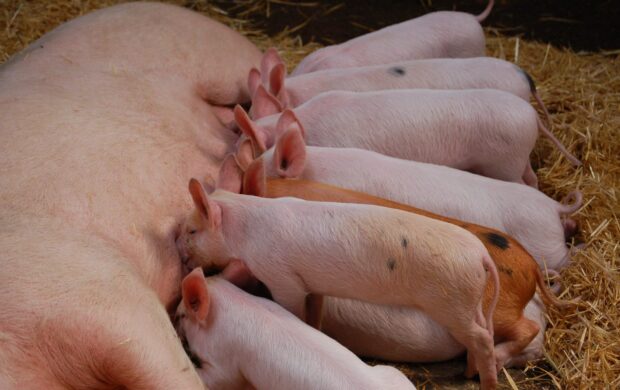

Join discussion